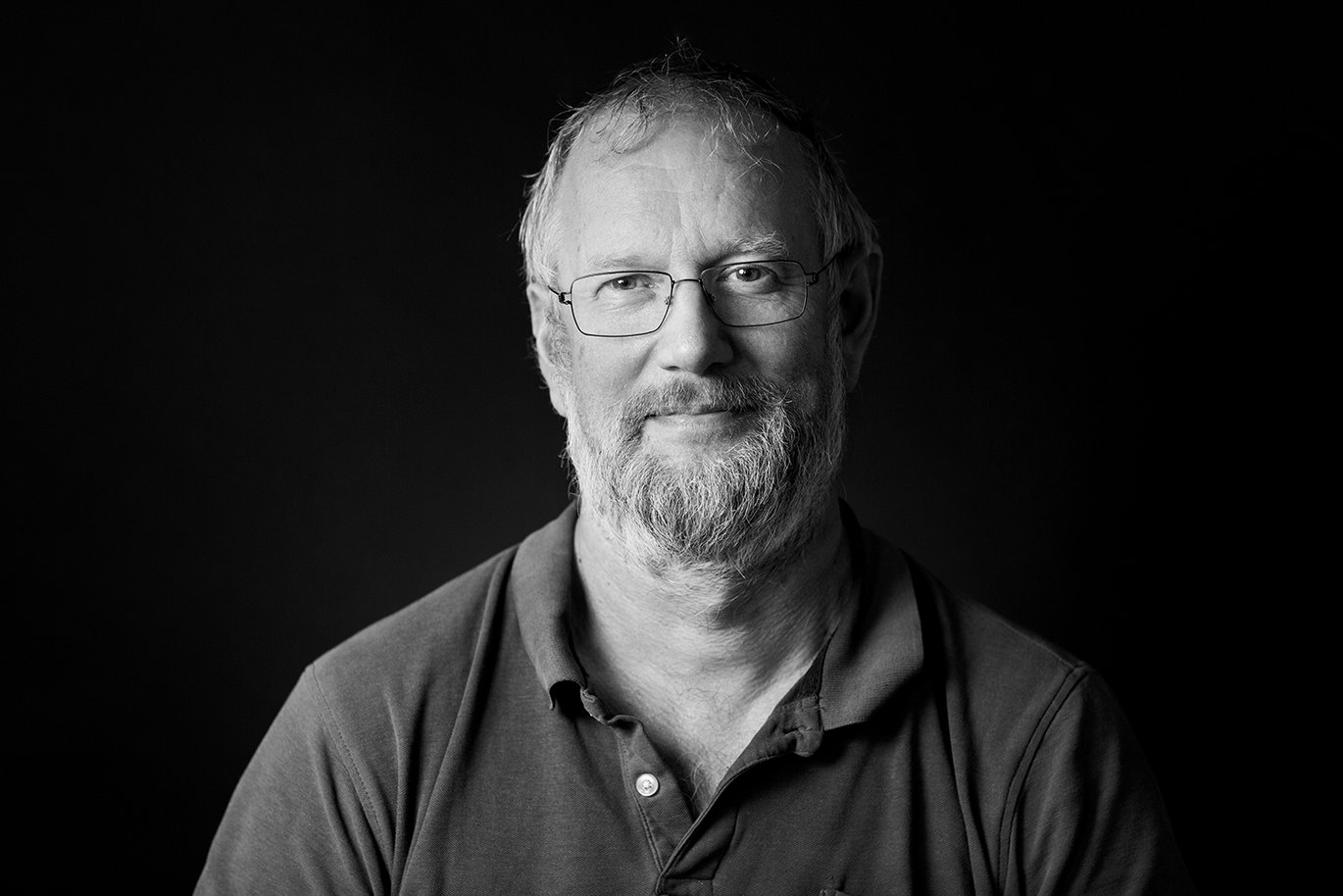Professor: The lack of academic entrepreneurs means Denmark is cheating itself when developing digital technology
There are not enough spin-outs and start-ups emerging from Danish universities says Professor Peter Gorm Larsen. He is convinced that more exchange between academia and society would generate a synergistic effect within digital innovation. The professor has just been appointed Knight of the Order of Dannebrog.

Digital models are undoubtedly the future of the global development of new products. The technology enables companies to design, develop, test and experience products before they exist. These digital models will be at the heart of future digital services companies could provide as add-ons to their physical products, also known as digital twins.
At Aarhus University, Professor Peter Gorm Larsen has spearheaded the development and planning of a multitude of industry-related projects on digital twins in collaboration with a number of companies. These activities all take place at the AU Centre for Digital Twins, which helps large and small companies on their digital transformation from analogue to digital and AI-supported product development.
However, this development could be much further advanced in Denmark if there were a greater degree of exchange between academia and society. These are the words of Peter Gorm Larsen, who wants more research and technology-based companies to blossom from the research environments at Danish universities.
"The industrial sector is in urgent need of digital twins, and if Denmark is to compete internationally, it’s important we don’t cheat ourselves of the synergy that arises from bringing immature technologies onto the market in public/private research collaborations via spin-outs. In this way, research can directly help create jobs and growth in Denmark, and this is where we quite simply lack academic entrepreneurs compared to other countries such as England or Germany, who are far better at securing new knowledge from that quarter," he says.
He continues:
"In this context, breakthroughs happen in the interplay between companies and knowledge centres, and when we allow ourselves to commercialise research. In Denmark, we’re far more concerned about the arm's length principle, and we bind ourselves with judicial belts and braces against this commercialisation: far more than our neighbouring countries do. All this means that Denmark, quite simply, loses out on technological development."
Peter Gorm Larsen is a strong advocate for improving both the number and quality of research and technology-based companies currently emerging from Danish universities. He invites companies and universities to engage in closer dialogue about this development, which he believes is vital to keep Denmark at the technological forefront.
"Danish universities are legally obligated to report inventions that can be patented, so that our research can benefit the business community and the rest of society. And via spin-outs, universities become even better at commercialising inventions, which are often created in collaboration with companies. There’s been a huge shift in the area over the last 10 years. But this hasn’t been enough to push technological development within digitalisation. This is why I hope Danish universities will become even better at supporting the commercialisation of research, for example by being co-owners of inventions, instead of suffocating commercialisation in restrictive legal practices," says Peter Gorm Larsen.
For the professor himself, close collaboration with companies and other knowledge centres, and the support of research-based spin-outs have been crucial to his career.
After 17 years in the private sector and an industrial PhD along the way, he joined the former Aarhus School of Engineering as an associate professor in 2005. At the engineering school, he launched a broad range of industry-focused research collaborations within e.g. digitalisation and space technology across industries and knowledge centres.
When Aarhus University and the Aarhus School of Engineering merged in 2011, he moved to the new Department of Engineering as a professor. He is currently a professor at the Department of Electrical and Computer Engineering and head of research at the section for Software Engineering and Computing Systems section.
Peter Gorm Larsen is currently a pioneer of digitalisation research, with a specialisation in cyber-physical systems and digital twins. The latter really took off after he became head of Aarhus University's Centre for Digitalisation, Big Data and Data Analytics (DIGIT). In 2018, he received DKK 12 million in unsolicited funding from the Poul Due Jensen Foundation to research whatever he wanted.
So, he sat down and wrote a document about all the research he had done, and what he saw as the important direction for future research into digitalisation. There were three essential items on the list, all of which were about digital models and their application.
The funding was used to establish Aarhus University's Centre for Digital Twins, and collaboration with industry has always been ubiquitous in Peter Gorm Larsen’s work.
"It’s important to me to ensure that small and medium-sized companies can jump on the wave of digitalisation currently sweeping through all of society. This requires new digital tools and development assistance from the universities, for example, in the form of spin-outs. However it also requires that companies break with traditional silo thinking in the production chain and instead initiate a close dialogue with various academic fields. Our many small and medium-sized companies can save a lot of money by simulating products and modelling their physical performance before a prototype is even produced, and I really want to help them do this,” he says.
In August 2023, her Majesty Queen Margrethe the II appointed Professor Peter Gorm Larsen Knight of the Order of Dannebrog for his research and career within digital technology.
